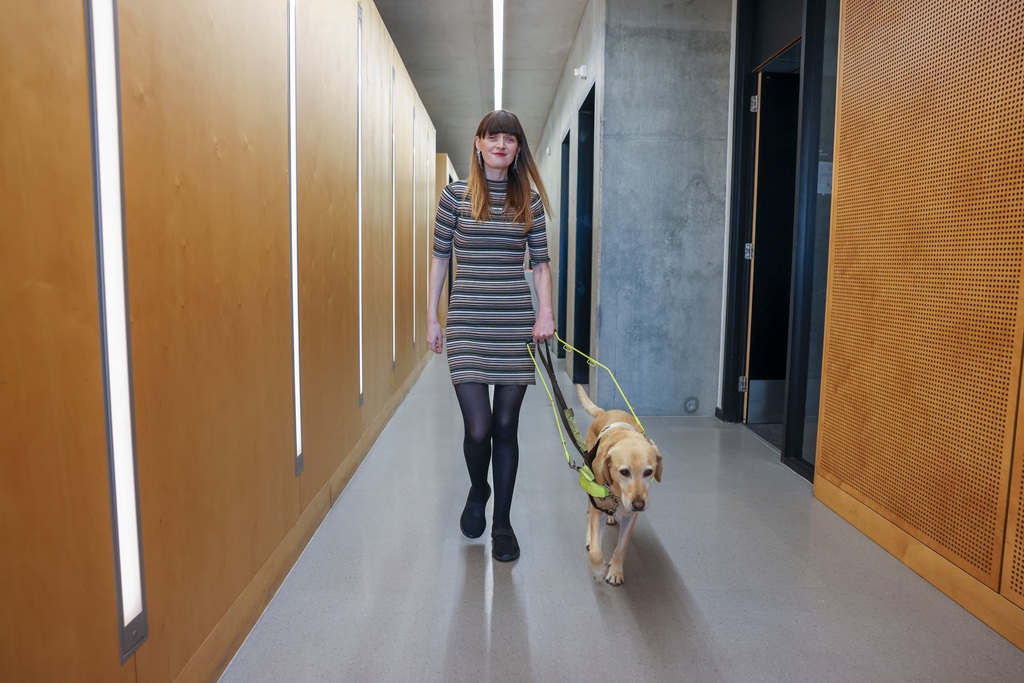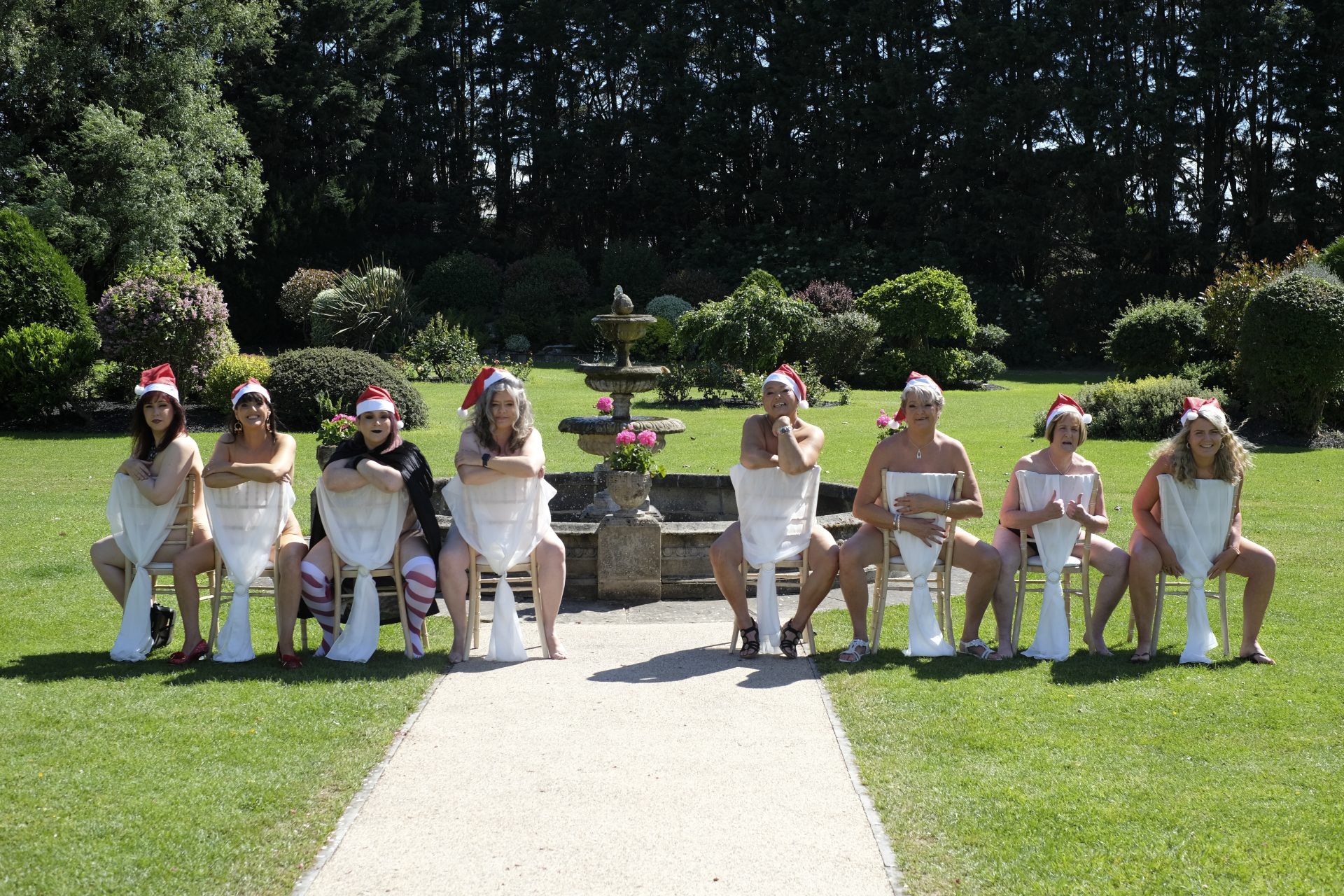The stages of sight and hearing loss – Roger’s story

Deafblind UK Trustee Roger describes his experiences of adapting to life with sight and hearing loss, and offers hope to the many others who are faced with similar challenges.
Roger’s story…
When facing significant hearing or sight loss, most of us seem to go through various stages.
For me, stage one involved gradually beginning to realise there was a problem but not being ready to confront it. I have long been partly blind but when deafness became a reality I was very slow to seek help. I lived in a state of embarrassment and avoided situations where it mattered.
Stage two was the process of meeting with experts, getting advice and discovering the products available to help with both my sight and hearing loss.
Adapting
Stage three is when we adapt to being back at home or work, where it used to be so easy to see and hear. Now day-to-day life is very tiring, requiring massive concentration. Wearing a hearing aid is difficult in a noisy environment where lots of people are speaking. Familiar sounds now sound different and sound levels can be out of proportion.
Not surprisingly, many people decide far too soon to leave the hearing aid in the drawer and they can be a nuisance to their families by appearing uncooperative or set in their ways!
There is a similar story with sight loss and prescribed solutions. The days of glancing at anything are gone and you have to concentrate on things to see them.
Welcome to stage four!
Stage four is a general acceptance of your new situation. It is a realisation that your old life has gone but that, with a smile and a good humour, you still have a future.
You become willing to tell people you did not hear or you can’t see who they without embarrassment. You realise you are actually enjoying listening to a book instead of reading it – or even reading it with your fingers!
You still socialise with your family and friends, even if you can’t see all that others see or hear all that others hear. Perhaps you even find yourself getting the grandchildren to describe something to you!
Of course, acceptance doesn’t mean giving up. If a new solution, an operation or some technology comes along, give it a go.
So now, far from being embarrassed, as we are during stage one, we learn to enjoy the compliments and praise that we receive. People quite rightly admire us, as we triumph against our disabilities.
If you need help, advice or support please contact our helpline by clicking here.
Let’s keep in touch!
Join our mailing list and we will keep you up to date about our projects and opportunities to get involved with Deafblind UK.
More Articles

How to prepare for a job interview when you have dual sensory loss
Preparing for an interview can feel daunting. There are nerves, anxiety, deciding what to wear, remembering what to say, and…

Bridging the employment gap for people with deafblindness
Together, we can help close the employment gap and ensure that people with dual sensory loss have every opportunity to...

Meet the creator behind the new Blind Naked Calendar!
Megan from our fundraising team chatted with Blind Naked Calendar creator, Josephine, to find out about her life as someone…
